Last Updated on April 13, 2023 by Ellen Christian
If you have a garden or enjoy landscaping your yard, I’m sure you’ve considered tips for attracting native pollinators. Without pollinators, our fruits and vegetables will not grow. We need to encourage their growth and to do that we need to provide them with shelter and an environment that encourages them to grow.
Posts may be sponsored. This post contains affiliate links, which means I will make a commission at no extra cost to you should you click through and make a purchase. As an Amazon Associate I earn from qualifying purchases.
Attracting Native Pollinators
Bees, wasps, butterflies, moths, flies, and some beetles pollinate more than 70 percent of flowering plants, but North America’s native pollinators face multiple threats to their health and habitat. Almost 75% of flowering plants on the earth requires some sort of pollinator to set seed or fruit. From these plants comes one-third of our food and an even larger portion of food for our wildlife.
You may also be interested in:
There are a variety of different native pollinators including bats, insects, and birds. You may think that since pollinators are almost always present in nature, pollination is guaranteed. However, there are threats to pollinators including habitat loss, exotic organisms, climate change, and pesticides. In some areas, genetically modified crops can pose a danger to pollinators.
You can help the native pollinators in your area by following a few of these tips.
1. Native Wildflowers
Roses and lilies are beautiful but native pollinators prefer native wildflowers. To encourage them to visit your hard, protect, enhance or restore wildflower rich environments. Plant native flowering plants in your garden. Let a corner of your yard revert to wildflowers.
2. Nest Sites
To encourage pollinators to visit your home and stay there, you will need to provide a nest site. This can be a birdhouse, butterfly house, or bat house. Provide shrubs, trees and other areas for birds to take shelter. Or, you can allow a dead tree to lay where it falls to provide a more natural nesting site.
3. Overwintering
If you live in an area with hard winters, like I do, you will want to make sure that pollinators can overwinter there. Be sure that they have a home and provide water and food year round. Not all pollinators will stay through the winter, but some will.
4. Foraging Habitat
Be sure that you provide a foraging habitat and encourage native plants and pesticide free habitats. Not all birds will eat from a feeder. Some prefer to ground feed. Others prefer to snack on berries from your berry bushes or nectar from your pink begonias. Be sure to provide a variety of foods and allow them to forage when they want.
5. Pollinator Friendly Landscaping
Consider things like bloom time, flower color, and cultural requirements when planting your garden. Be sure that you have flowers from early spring through late fall whenever possible. Include a variety of different plants rather than one large spot with only one plant. You almost never see a field with only one type of plant unless it is man-made. Nature creates fields filled with different plants and flowers.
6. Provide a Water Source
Birds and other animals need a water source. This may be a solar fountain, a bird bath, a lake or a brook. But, either way in order to attract native pollinators, you will need to provide some type of water source.
7. Go Organic
Skip the pesticides and chemicals if you want to encourage insects, birds, and bats to visit your yard. If you need to protect against harmful insects, the best way to do it is to add beneficial insects. You disrupt the natural ecosystem each time you apply toxic chemicals to your yard.
8. Feed Them
Add a variety of feeders to your yard. You can feed a songbird mix, black oil sunflower seed, or thistle in a bird feeder. You should also remember to provide nectar for your hummingbirds as well a butterfly food in a butterfly feeder. Why not plant a pollinator garden.
I hope that I’ve given you a few ideas for attracting native pollinators to your yard. Download this handy guide from the Fish and Wildlife Service for more information. I’ve also linked to a few Xerces Society Books below that you may find helpful.
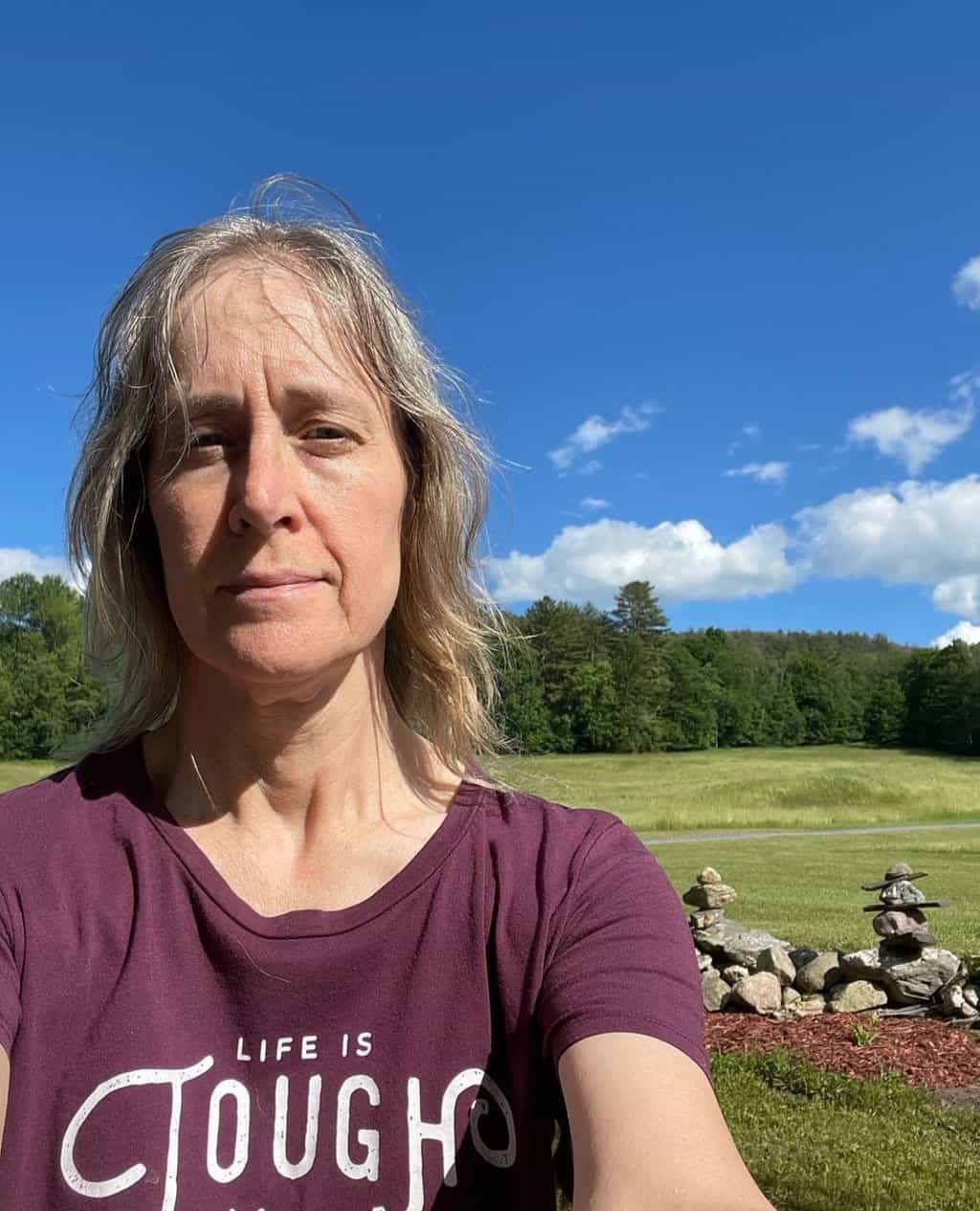
Ellen is a busy mom of a 24-year-old son and 29-year-old daughter. She owns six blogs and is addicted to social media. She believes that it doesn’t have to be difficult to lead a healthy life. She shares simple healthy living tips to show busy women how to lead fulfilling lives. If you’d like to work together, email info@confessionsofanover-workedmom.com to chat.

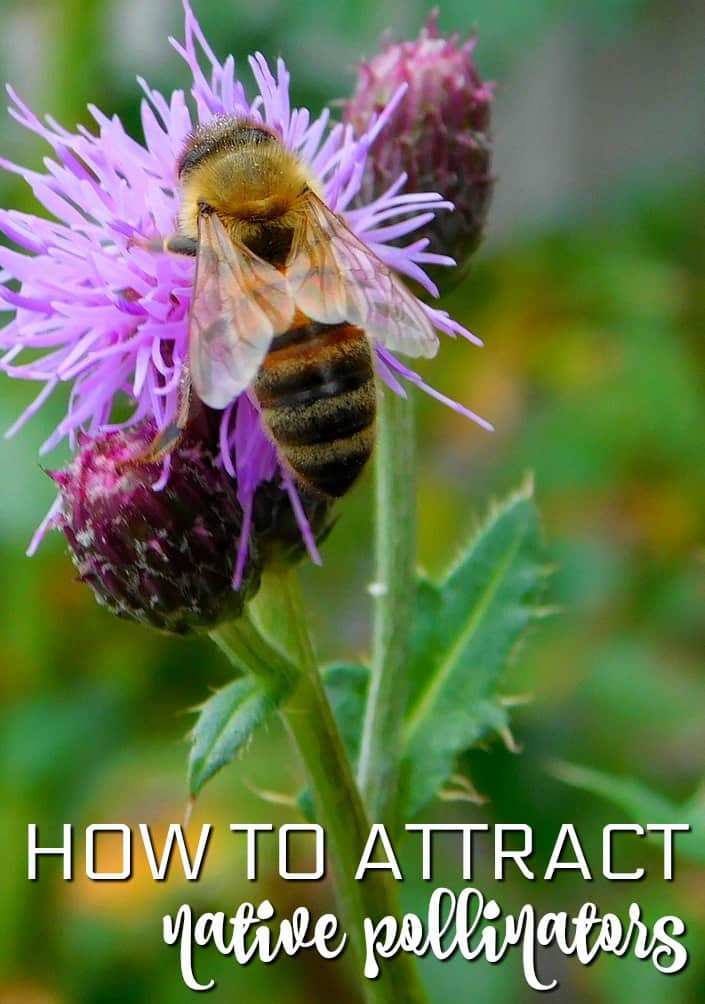
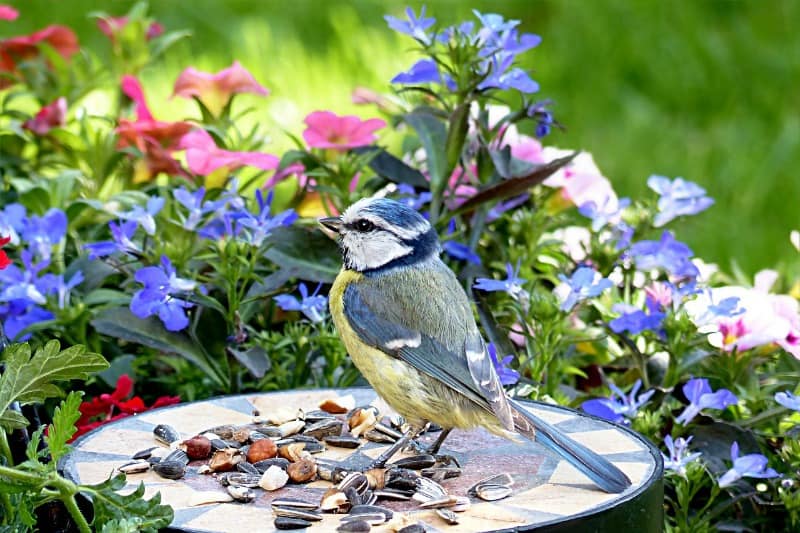
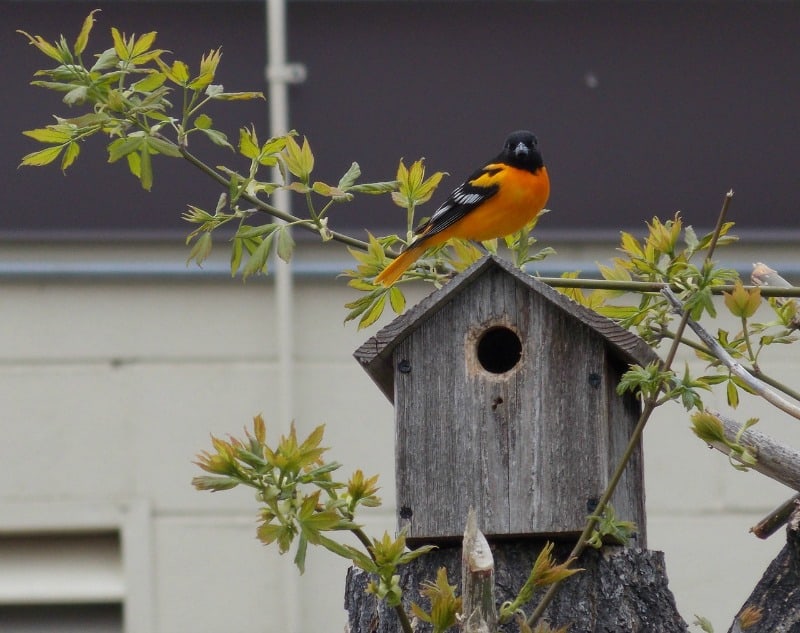
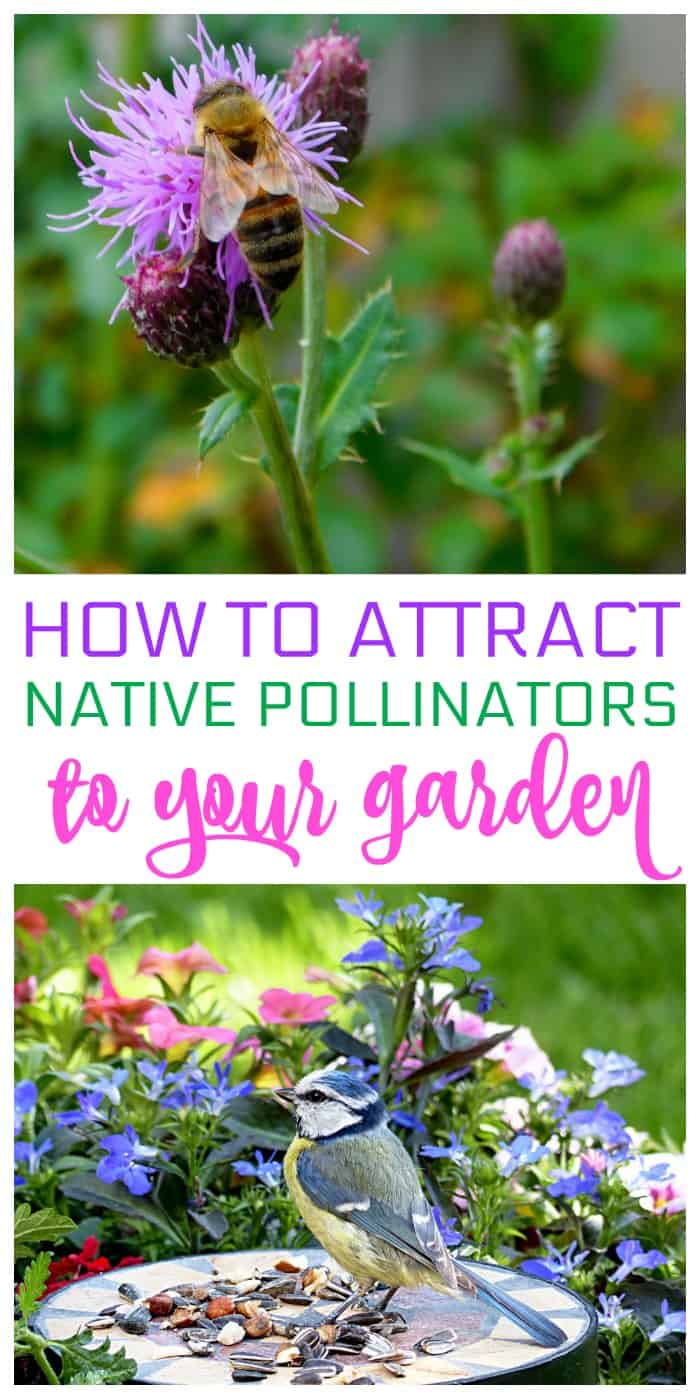
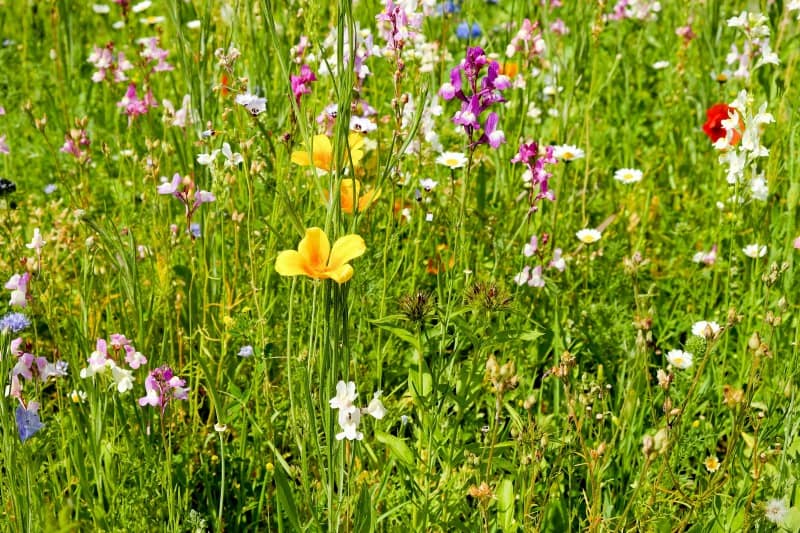
I need to put out a bird house and bird bath. Sunflowers really attract bees and birds in my garden each year.
Those are great choices!
Great suggestions for attracting native polinators! Love my birds and love my garden! Time to make the best of both worlds!
Very true, Renee!
i have grown alot of flower and feeed birds uaually up to 3 time week
That’s wonderful!
These are great ideas for getting the birds and the bees to visit your yard!
Thanks, Nancy!
Pinned this post so I can refer back to it when I get the garden underway. I love wildflowers & hope to sow some down around our barn. Thanks for the hints & tips!
Thanks, Margaret!
Hoping to grown some zucchini this year. Havent had too much luck the last couple of years because of lack of bees.
That’s definitely a challenge, Jackie!
I like this post. There is alot of great information here. Going organic is awesome! My husband is the gardener so I will pass this along on attracting native polinators. Thank you!
Thanks for sharing, Lisa!
Those are some beautiful photos. Thanks for the tips!
Glad to share, Dana!
Alex and I are trying to figure out how to get our own bee hive going. Lots of research to be done!
Best of luck, Diane!
We love having wildlife and are lucky to have a fair amount even though we live in a built up area. It is so fun to see birds and critters out and about.
It definitely is!